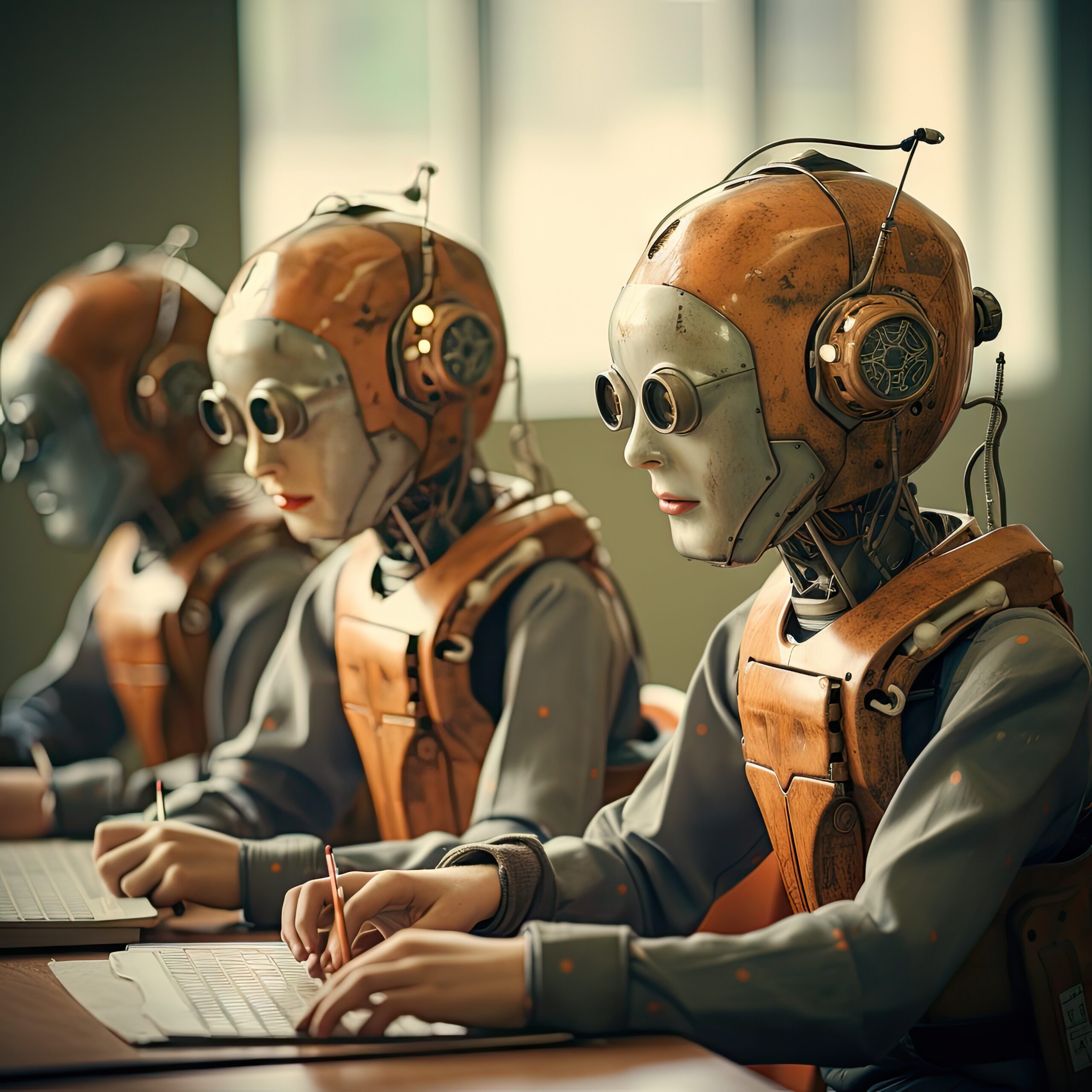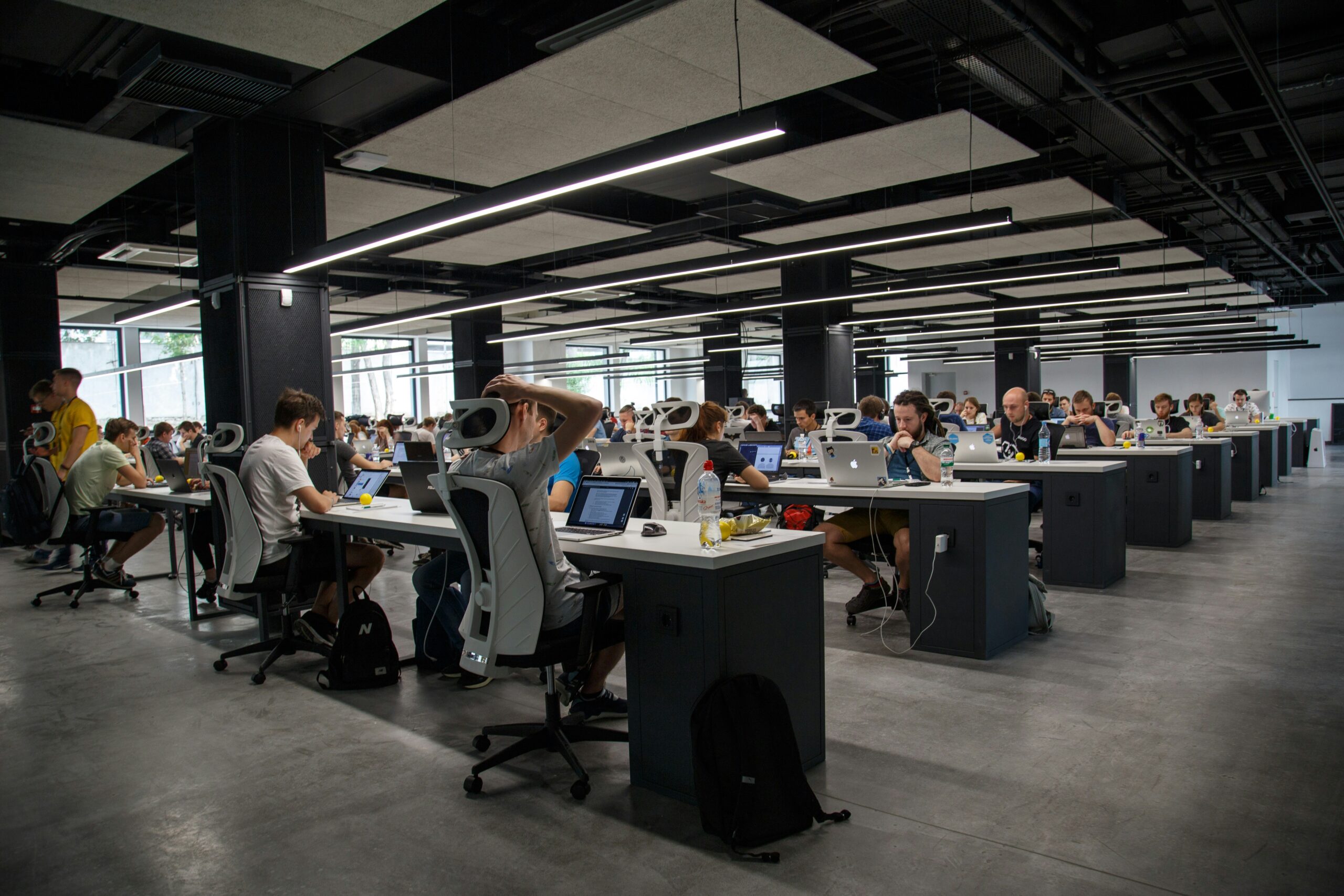The rapid advancement of Artificial Intelligence (AI) is changing how businesses operate and reshaping the global workforce. This has led to a common question: Will AI replace jobs? The answer is complex. While AI will automate certain tasks and potentially eliminate some roles, it will also create new opportunities and redefine existing jobs. This article examines the types of jobs most vulnerable to AI disruption and offers insights on how workers can stay ahead.
Understanding AI’s Impact on Employment
According to a 2023 report by the World Economic Forum (WEF), AI and automation are expected to displace 85 million jobs by 2025, but also create 97 million new roles more suited to human-machine collaboration (WEF Report). This highlights the dual impact of AI: job loss in some sectors and growth in others.
Jobs Most Likely to Be Affected by AI
1. Administrative and Data Entry Roles
Tasks such as scheduling, data input, and record keeping are easily automated. AI tools like robotic process automation (RPA) can handle repetitive processes with minimal error.
2. Customer Support Agents
AI-powered chatbots and virtual assistants can handle high volumes of customer queries, especially those that follow predictable patterns. This reduces the demand for entry-level support roles.
3. Retail and Cashier Positions
Self-checkout systems, AI-driven inventory management, and e-commerce automation are reducing the need for human cashiers and retail staff.
4. Basic Manufacturing Jobs
Factory workers performing repetitive or hazardous tasks are increasingly being replaced by industrial robots and AI-driven machinery.
5. Transportation and Delivery Drivers
Autonomous vehicles are still evolving, but industries like logistics and delivery are already experimenting with driverless trucks and drones. While not yet mainstream, these technologies pose a long-term threat to driving jobs.
Jobs Less Likely to Be Replaced by AI
1. Creative Professions
Writers, designers, artists, and marketers rely heavily on human creativity, emotion, and storytelling—traits that AI still struggles to replicate meaningfully.
2. Healthcare Providers
While AI assists in diagnostics and data analysis, roles such as doctors, nurses, and caregivers require empathy, ethical judgment, and hands-on care.
3. Skilled Trades
Electricians, plumbers, and mechanics involve complex physical tasks and problem-solving that are difficult to automate.
4. Education and Training Professionals
Educators play a crucial role in guiding, mentoring, and adapting to diverse learning needs—skills that go beyond AI’s capabilities.
How to Prepare for the Future of Work
1. Embrace Lifelong Learning
Continuous education is key. Platforms like Coursera, edX, and LinkedIn Learning offer courses in AI literacy, data science, and digital transformation.
2. Develop Soft Skills
Emotional intelligence, creativity, leadership, and critical thinking are increasingly valuable in AI-integrated workplaces.
3. Pivot to Hybrid Roles
Look for roles that blend human insight with AI tools, such as data analysts, digital marketers, or AI trainers.
Conclusion
AI is transforming the job landscape, but rather than fearing job loss, we should focus on adapting. Roles that require emotional intelligence, creativity, and complex human interaction are more resilient. By upskilling and embracing AI as a tool—not a threat—workers can stay relevant in the evolving economy.
References
- World Economic Forum. (2023). The Future of Jobs Report 2023. https://www.weforum.org/reports/the-future-of-jobs-report-2023
- McKinsey & Company. (2023). Jobs lost, jobs gained: Workforce transitions in a time of automation. https://www.mckinsey.com/featured-insights/future-of-work/jobs-lost-jobs-gained-what-the-future-of-work-will-mean-for-jobs-skills-and-wages
- MIT Task Force on the Work of the Future. (2022). The Work of the Future: Building Better Jobs in an Age of Intelligent Machines. https://workofthefuture.mit.edu/




